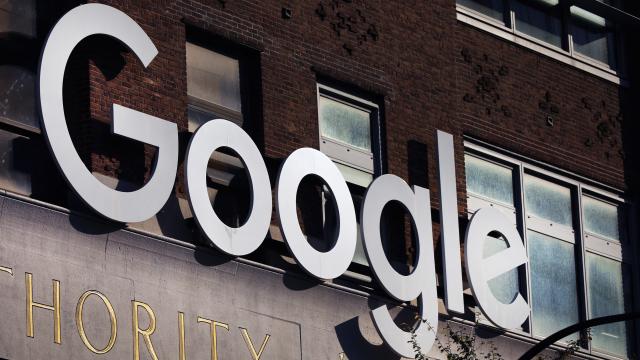Google, like Facebook, is banning all ads related to the 2020 U.S. elections for a week after November 3, the company wrote in a blog post on Tuesday.
Experts estimate as much as 50 to 70 per cent of the ballot this year will come in via mail, a method which Donald Trump’s administration and U.S. Republican allies have done their best to delegitimise, even though voter fraud in the U.S. is exceedingly rare. Google understandably foresees difficulty ascertaining clear election results in the near term.
To that end, the company has “made the decision to enforce our Sensitive Events policy as soon as the polls close on November 3, which will temporarily pause ads referencing the 2020 election, the candidates, or its outcome,” according to the blog post. Google also wrote that, as in 2016, it will partner with the Associated Press to run real-time information on election results that will appear at the top of relevant searches.
Facebook, which has endured months of criticism for allowing politicians to lie in ads with impunity and failed to respond to Trump’s use of its site to spread conspiracy theories about the election, announced a similar temporary ad ban earlier this month. It also said that any posts by a candidate prematurely declaring victory would be labelled with “specific information… that the counting is still in progress and no winner has been determined,” for all that’s worth. (More recently, Facebook has threatened a group of New York University engineering school researchers with “enforcement actions” if they kept collecting data from thousands of volunteers on what kind of targeted political ads they see on the site.)
Google has also limited the types of data available for political ad targeting, and announced back in November 2019 that it would bar political or issue ads making “demonstrably false claims that could significantly undermine participation or trust in an electoral or democratic process.” That said, both it and Facebook largely remain advertising black boxes beyond limited disclosures like who paid how much for which ads. As of October 27, Google’s transparency page says it has made over $US620 ($868) million since the end of May 2018 on political ads.
Banning political ads for a week after the elections may not amount to much more than a token move, given the U.S. is bracing for an election that will be rocky at best and a vote tallying that will likely stretch into a weeks-long nightmare. According to Axios, Google has warned advertisers that it expects delays in approving remaining political ads before November 3, as it anticipates a surge in demand in the closing days of the race.
